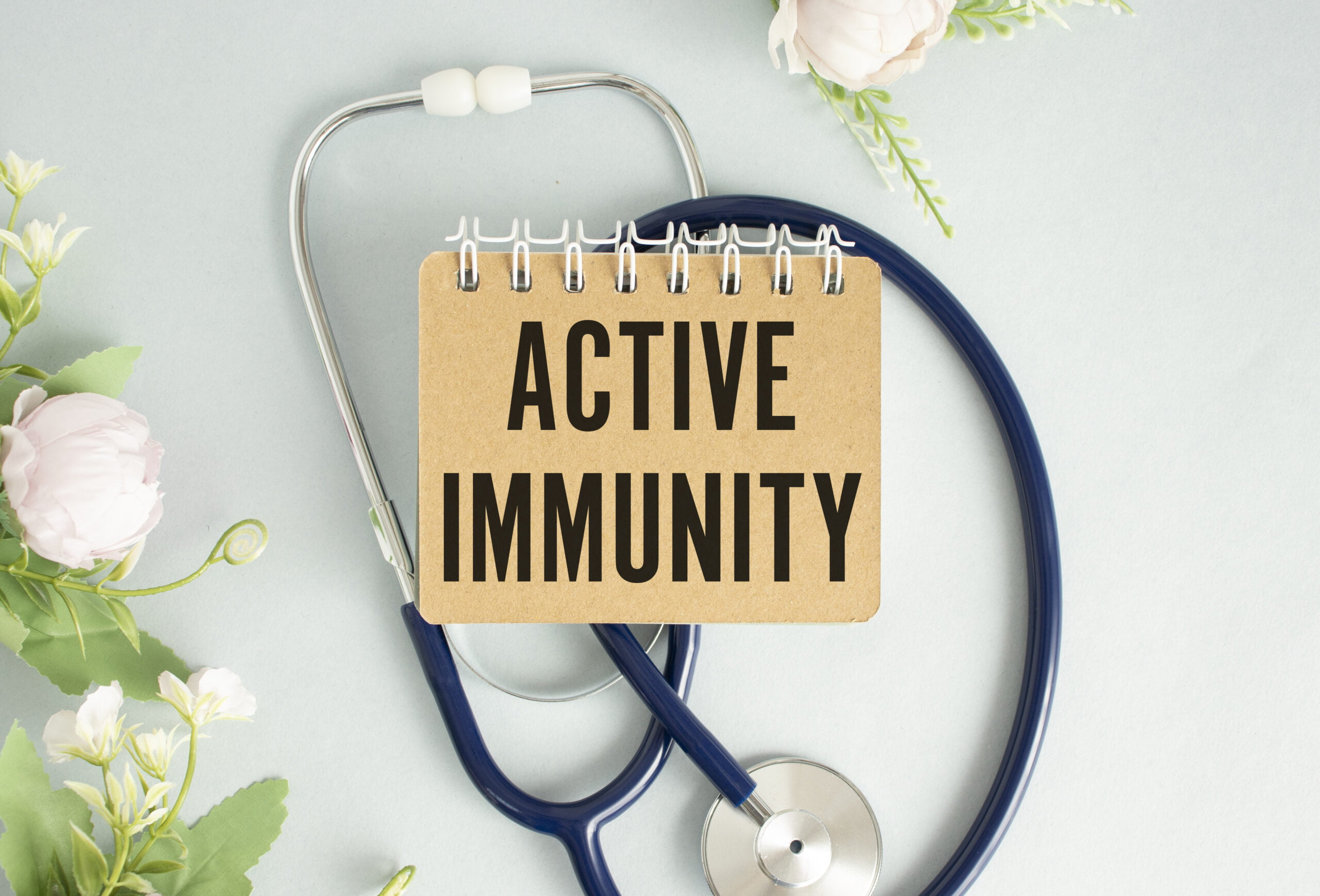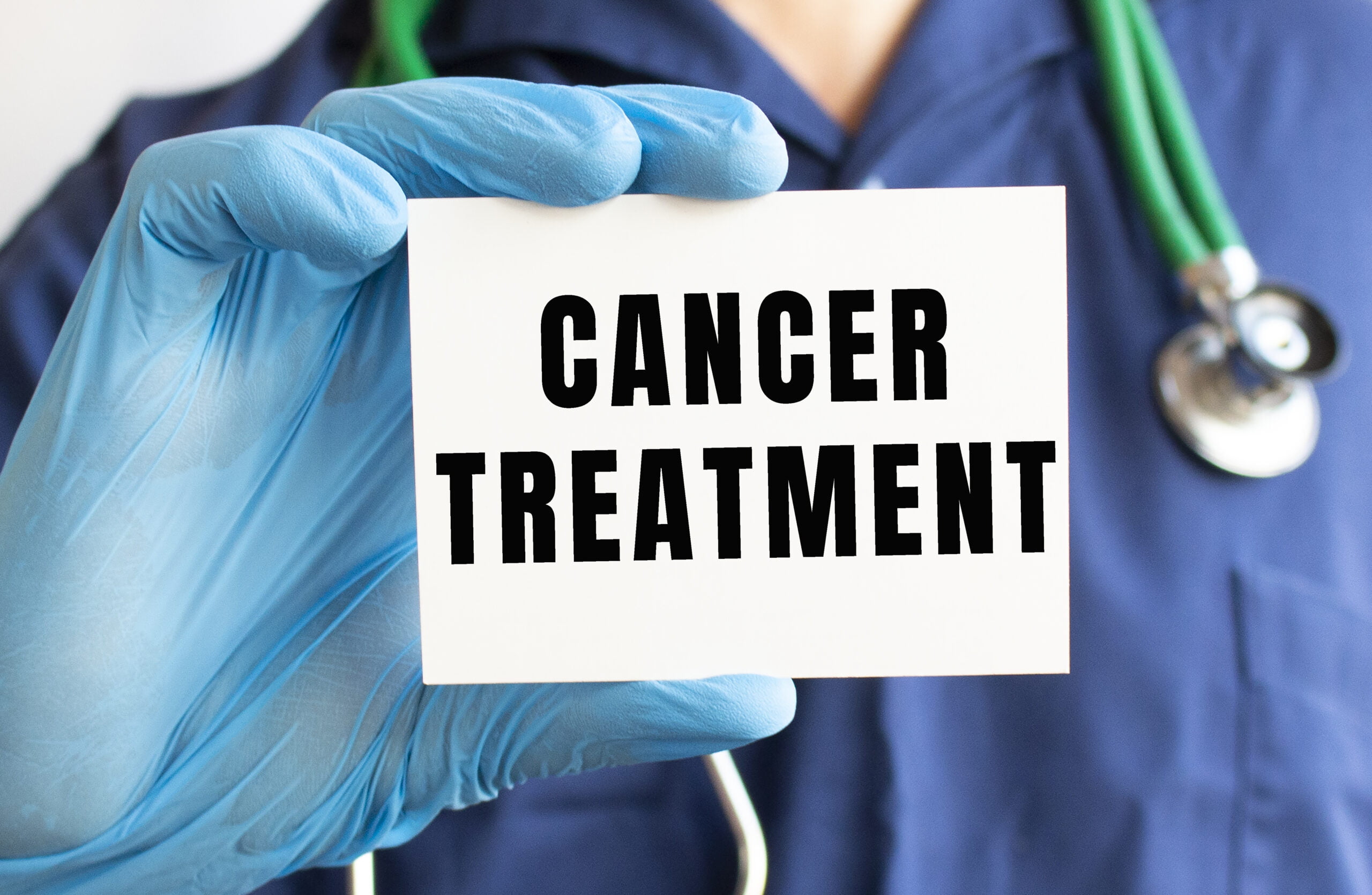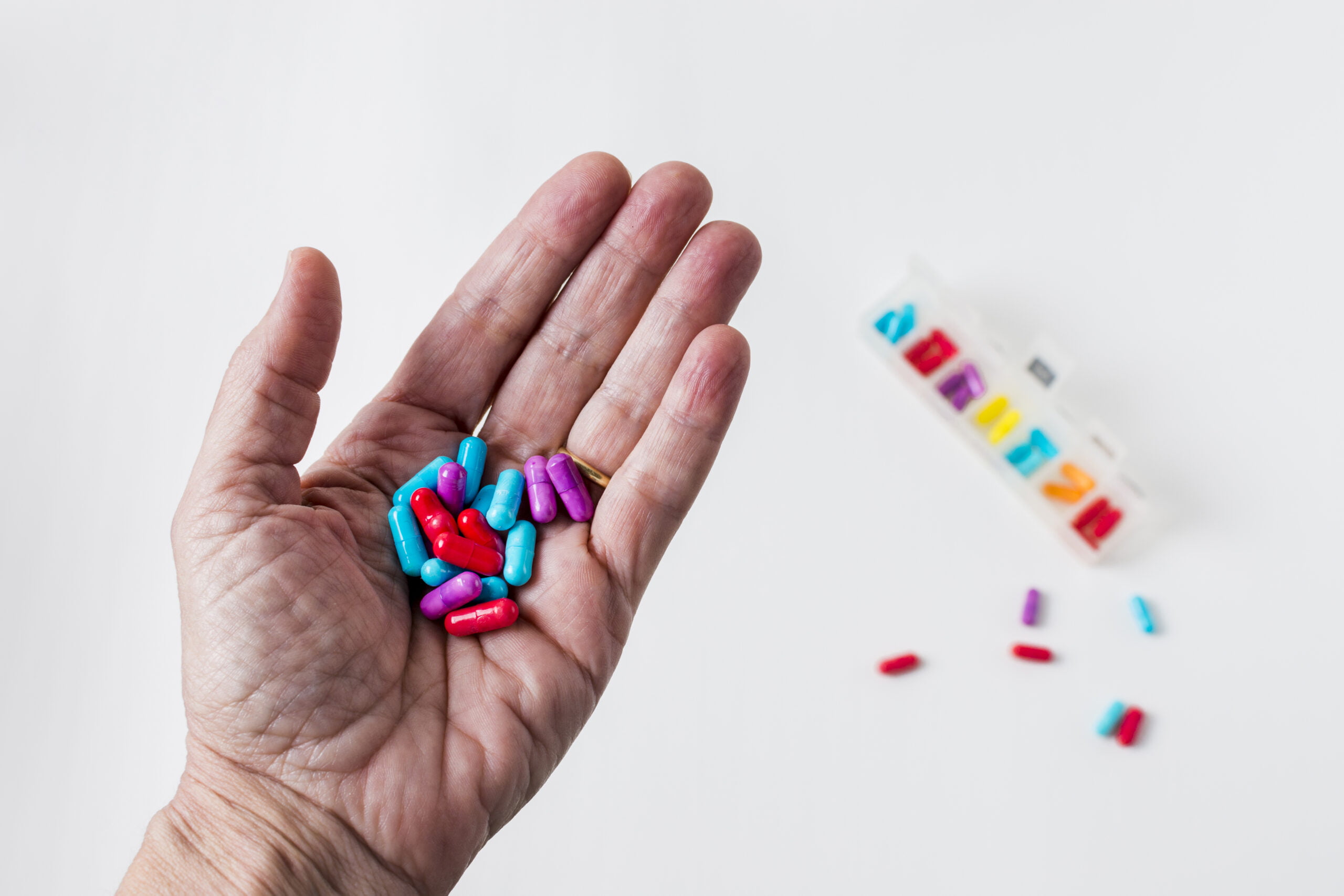Services
Immunotherapy
Immunotherapy is a medicinal intervention that targets cancer by stimulating the immune system. It entails the use of medications or other therapies to boost, adjust or stimulate the immune response, assisting the immune system in identifying and eliminating infections or cancerous cells. As an alternative to conventional therapies like radiation and chemotherapy, this strategy may show great promise.



Subtypes Of Immunotherapy:
Checkpoint Inhibitors: These medications block immune cell and cancer cell proteins to help the immune system recognise and fight cancer cells. Example: pembrolizumab and nivolumab.
Monoclonal antibodies: These lab-made antibodies target cancer cell or disease-causing protein. Cancer treatments include rituximab and trastuzumab.
CAR-T Cell treatment: Chimeric Antigen Receptor T-cell treatment genetically modifies a patient's T cells to recognise and attack cancer cells. This method works for some blood malignancies.
Cancer vaccines get the immune system to recognise and attack cancer cells. They can prevent cancer (HPV vaccination) or treat it.
Adoptive Cell Transfer: Immune cells are removed, enhanced in the lab (e.g., TIL treatment), and then infused back into the patient to fight cancer.
Drugs and chemicals can modify the immune system's response, helping it fight cancer. For instance, IL-2.
TIL treatment includes extracting immune cells from a tumour, growing them in the lab, and injecting them back into the patient to fight cancer.
Benefits And Downside Of Immunotherapy:
Benefits of Immunotherapy:
Precision Targeting: Immunotherapy can target cancer and renegade immune cells while protecting healthy cells. This accuracy reduces body damage.
Durable Responses: Some immunotherapy patients' immune systems continue to fight the disease following treatment. This may cause sustained remission or a cure.
Long-lasting responses: Immunotherapy leverages the body's own defences, therefore it has fewer and milder side effects than chemotherapy.
Potential for Fewer Recurrences: Immunotherapy may prevent cancer recurrence in some malignancies, improving survival and quality of life.
Treatment for Previously Incurable Cancers: Immunotherapy has shown promise for previously incurable cancers.
Downside of immunotherapy:
Immune-Related Adverse Events (irAEs): Immunotherapy can activate the immune system and cause problems. Skin, intestines, lungs, and endocrine glands can be affected by these side effects. Managing irAEs may require extra therapies and constant monitoring.
Limited Effectiveness in some patients: Not all patients benefit from immunotherapy. Some malignancies have low response rates to treatment. It's hard to predict immunotherapy success.
High Cost: The high cost of immunotherapy medications can strain patients and healthcare systems. Cost may limit some people's access to these treatments.
Lack of Long-Term Data: Immunotherapy has made amazing progress, but its long-term effects and durability are still being explored. Patients must be monitored to determine therapy outcomes and late side effects.


Immunotherapy Treatment Methods & Side Effects:
Immunotherapy Treatment Types:
IV Infusion: Many immunotherapy medicines are infused intravenously. This delivers precise dosage and efficient body distribution. IV infusions are used for monoclonal antibodies and checkpoint inhibitors.
Subcutaneous injection: Some immunotherapy medications are injected under the skin. Monoclonal antibody and cytokine treatments are often given via this less intrusive manner.
Oral Medications: Some immunotherapy medications are pills or tablets. This convenient treatment is utilised for autoimmune disorders and some cancer immunotherapies.
Tropical Creams Or Gels: Immunotherapy medications can be used topically as creams, gels, or ointments treat skin disorders such skin cancer or dermatitis.
Bone marrow or stem cell transplants: This may be immunotherapy for blood malignancies. Regenerating a patient's immune system requires replacing bone marrow with healthy stem cells.
Side Effects Of Immunotherapy:
- Tiredness
- Skin irritation or rashes
- Diarrhoea or digestive problems
- Cold or fever
- Dizziness and vomiting
- Diminished appetite
Aches in the muscles or joints - Breathing issues (shortness of breath, cough)
- Thyroid conditions
- Renal or liver issues
- Neural signs and symptoms
- Suppression of immunological function increases the risk of infection
Immunotherapy Medications:
Checkpoint inhibitor drugs currently available target the PD-1 and CTLA-4 receptors. Checkpoint inhibitors commonly used include :
(Yervoy®)Ipilimumab and Keytruda® (pembrolizumab)
Opdivo® (nivolumab) and Tecentriq® (atezolizumab) are two immunotherapy drugs.


Do's And Dont's Post Immunotherapy:
Post Immunotherapy Care
To ensure the efficacy and well-being of treatment, post-immunotherapy care entails routine monitoring, treating side effects and preserving general health.
Do’s and Dont’s during immunotherapy:
Do’s:
- Attend all treatment appointments.
- Share side symptoms and concerns with your doctor.
- Practise infection prevention and hygiene.
- Hydrate and eat well.
- Get enough sleep and control stress.
- Follow medicine and supplement instructions.
Dont’s:
- Follow your doctor's sun protection advice.
- Use OTC drugs and supplements only with your doctor's approval.
- Avoid intimate touch with sick people to avoid infection.
- Alcohol and tobacco should be limited unless advised by a doctor.
- Avoid dangerous activities and situations during therapy.
FAQ
Frequently Asked Questions
No, but immunotherapy can be used to control malignancy and extend life. It inhibits the proliferation of cancer on occasion.
Immunotherapy may be an effective treatment for malignancies that have not responded to conventional therapy or have returned after conventional therapy.
Not all malignancies respond well to immunotherapy, and not everyone who receives immunotherapy will be successful.
